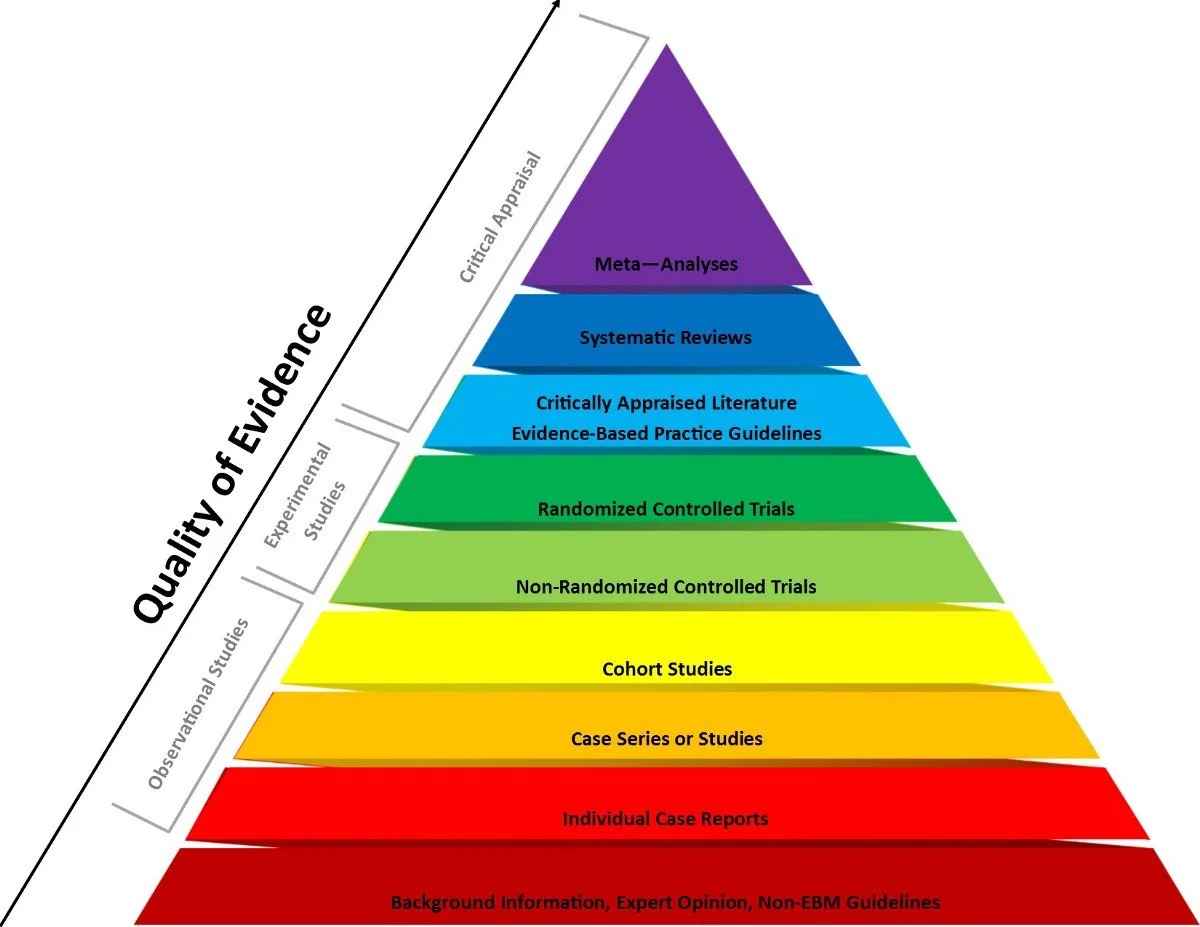A Functional Medicine approach to Heartburn, Acid Reflux, and GERD.
Acid Reflux is a common medical condition which occurs when acid from your stomach flows backwards up your esophagus causing heartburn; a burning in your chest. When left untreated this can lead to a more severe condition called Gastroesophageal Reflux Disease (GERD). Conventional medicine treats this condition by prescribing Anti-Acids/Proton Pump Inhibitor to decrease the amount of acid in the stomach. This is comparable to taking the batteries out of your fire alarm; it does not stop the fire. If anything, taking an anti-acid makes the fire worse in the long run. See the picture below from mytavin.com showing all the nutrient depletions caused from being on an anti-acid and the corresponding symptoms associated with those deficiencies.
The US Food and Drug Administration (FDA) has also alerted to these risk by posting warnings such as: “Low magnesium levels can be associated with long-term use of Proton Pump Inhibitor drugs (PPIs)” and “Possible increased risk of fractures of the hip, wrist, and spine with the use of proton pump inhibitors”
With each new patient that comes into my practice with a history of PPI use I will often recommend a comprehensive stool test due to the detrimental effect they have on the gut long term. Both my clinical experience and research backs this as a Meta-analyses showed that “PPI use is a potential risk for the development of enteric infections caused by Clostridium difficile, as well as small intestinal bacterial overgrowth, spontaneous bacterial peritonitis, community-acquired pneumonia, hepatic encephalopathy, and adverse outcomes in inflammatory bowel disease.”
What’s even more disturbing is that the prescriptive dosage by the manufactures for these acid blocking medications specifically state they are for short term treatment up to 4 weeks, with an additional 4 weeks if needed. They also specifically say that “Controlled studies do not extend beyond 12 months". (Drugs.com/pro/prolosec.html) Yet just ask around and you will find many are given this prescription and told to continue it for years/indefinitely. *Note: TUMS is also an over the counter anti-acid and should be avoided.
What Causes Acid Reflux?
On the contrary to what many believe; the cause of acid reflux is not too much acid, but instead too little acid in the stomach. When we do not have enough stomach acid, we cannot properly digest our food and obtain the nutrients from that food. When food is not digested it sits in the stomach and rots giving out gases causing burping, belching, constipation, bloating, and the acid gases then come up into the esophagus. So, the cause is the cure; fix the digestion.
What causes decreased stomach acid and poor digestion?
Stress. When we are in a state of stress, we are sympathetic dominant (fight or flight). Our bodies are ready to fight or run from the tiger and all blood is flowing away from the digestive track and into the extremities. Opposite of Sympathetic is Parasympathetic (rest and digest).
Eating foods too fast. When we don’t take time to chew properly, we do not get the salivary enzymes needed to begin the digestion process.
Over-eating or only eating 1-2 large meals/day. This taxes the digestive system and adds pressure to the stomach.
Eating processed foods that lack live enzymes needed to digest them. This includes refined grains (anything made from white flour), sugary snacks, refined oils (corn, safflower, sunflower, peanut, etc.), processed dairy (milk and cheese), and processed meats.
Deficiencies in certain nutrients essential for HCL production (thiamine, zinc and sodium)
Antibiotic use. Antibiotics kill all the good and bad bacteria in the gut needed for proper digestion.
Non-Steroidal Anti-Inflammatory Drugs (NSAIDS) such as ibuprofen (Motrin, Advil) and naproxen (Aleve) work by decreasing the production of prostaglandins which contribute to pain and inflammation. However, prostaglandins also have a positive effect on the body so blocking them can lead to GI side effects such as heartburn and ulcers.
Functional Medicine approach to treating heartburn/acid reflux:
First, stop what is causing it as listed above. Implement stress relief therapies such as breathing exercises and meditation. Take time to sit down and eat with others in a positive/non-stressful environment. Eat small meals throughout the day and eliminate processed foods. Consider the use of Antimicrobial herbs over antibiotics when needed and anti-inflammatory supplements and herbs over NSAIS.
Consume a balanced whole food diet. Include carbohydrates from vegetables and fruit; healthy fat from coconut oil, ghee, nuts and seeds. Switch from processed meats to organic chicken/turkey, wild fish, grass-fed beef, and pasture-raised eggs.
Take 2TB Apple Cider Vinegar mixed in 4-6oz water before meals or a digestive enzyme containing HCL such as Designs for Health Betaine HCL with each meal. You may follow this handout Testing for Low Stomach Acidity to determine how much acid you need. (*Note HCL is not recommended for anyone with an active Ulcer. For Ulcers, first treat with one container of GI Revive powder or GI Revive capsules and ensure ulcer is healed before adding a HCL supplement.)
Balance your bowel flora by supplementing with a high quality probiotic such as ProbioMed 50 for 3 months. If you have been on antibiotics and did not follow up with probiotics after, then this step is vital in brining balance to your microbiome. GI Revive and ProbioMed are also great for anyone with symptoms of Gastritis or Intestinal Permeability/Leaky Gut.
Ensure you are obtaining the micronutrients needed to for proper HCL production longer-term by taking a high quality multivitamin, my favorite is Designs for Health Twice Daily.
If you wish to work with me 1:1 to obtain a comprehensive bloodwork analysis and personalized treatment plan you may CLICK HERE to schedule.





